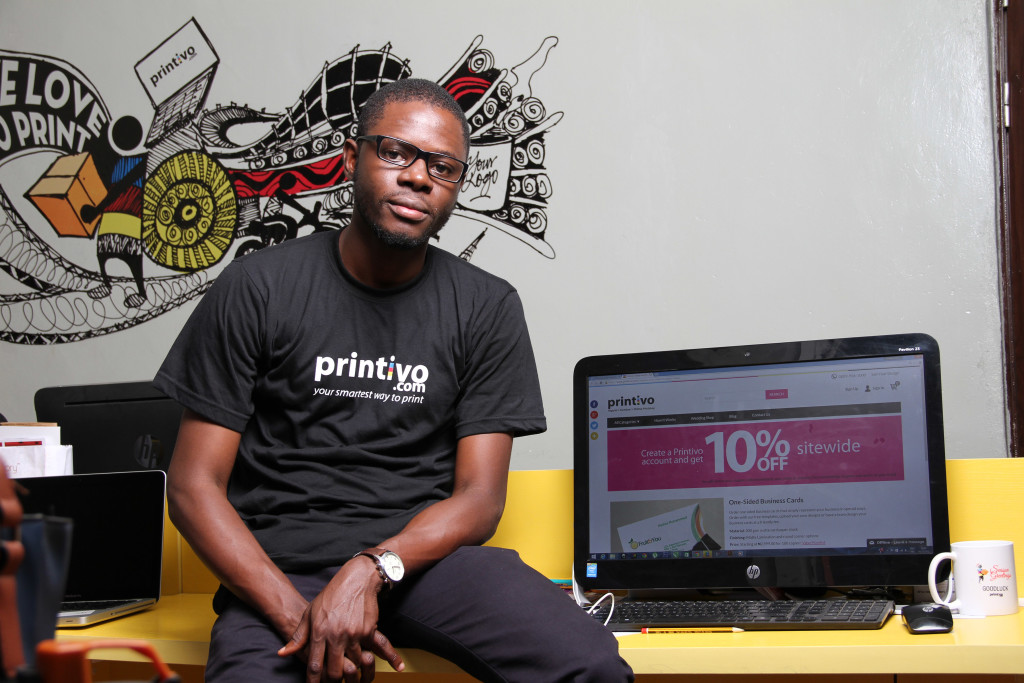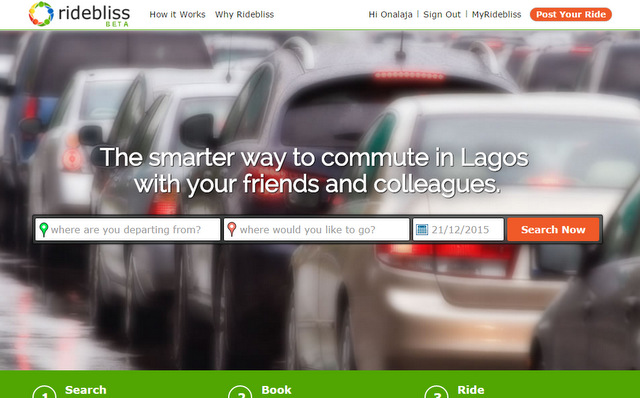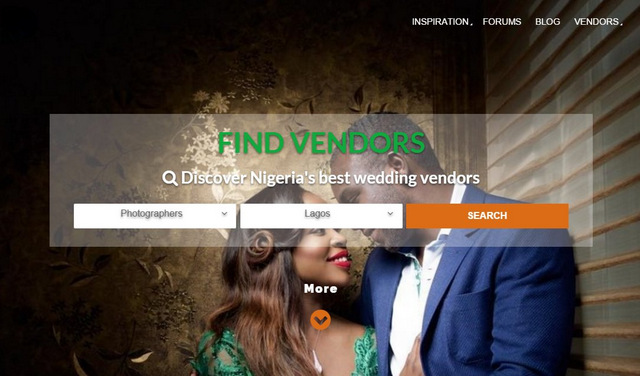Internet penetration in Africa is at 18 percent, according to a 2014 African digital report published on socialmediaweek.org. That’s around 205 million of Africa’s 1.1 billion people.
Over the past year, this number has increased. One of the reasons for this is the increase in the number of budget smartphones that are being shipped into the country and gradual reduction in cost of connectivity as well as impact projects of organizations like Google.
In August, Google launched its AndroidOne project in Africa – starting from Nigeria. Per the project, Google partnered with an OEM to produce a sub-$100 smartphone that runs the stock version of its Android OS and will receive support directly from Google in the same way as its high-end Nexus range of phones. The Infinix Hot 2 which is the product of the AndroidOne project that Google embarked upon with Infinix has sold more than 150,000 units since its launch. It sells for between $80 and $85. Because MTN also joined in the project, users get a bundle on the network that allows them purchase 1GB of data for less than $2 dollars.
The package – the phone and connectivity – currently is the most affordable in Nigeria and the number of units sold already is a testament to that.
What this has led to is more smartphone users, further internet penetration, which also comes along with social media penetration.
The AfricaBeta event this year stirred conversations around the future of business in Africa. One of the obvious conclusions even before the event kicked off was that the future of business on the continent is mobile and it’s social.
“When your driver says an app is making him go to on the internet, you know you’ve hit a goldmine,” says Adia Sowho at the conference speaking on app monetization for African developers.
Happenings like Adia described are already popular in Africa where local hawkers strengthen social connections on social media and local farmers check going rates for their products in dedicated social chat rooms.
With the extent of internet penetration that the continent has witnessed and what is promised with the activities of organizations like Facebook (with Free Basics) and Google (with Project Link), access will increase in the coming years.
Latest data from Facebook reveal that a huge chunk of its users in Africa have remained active on the platform via mobile. This combined with the fall in PC shipment to the continent, it’s obvious what technological marvel Africans are more comfortable with.
With more than 10% of Africans on Facebook – 120 million -, there is a concentrated pool of consumers that can be targeted by businesses on a single social outpost and yes, all of them are mostly active on mobile.
What experts are predicting is a gradual move to commerce not just enabled via mobile but via social media on mobile. Social commerce, if you will.
At the Africabeta conference, Etop Ikpe of DealDey speaking on the Evolution of commerce made much of the fact and revealed how ecommerce sites can convert consumers right from their social media outposts – convert Facebook likes to Facebook buys.
With most users spending more time on IM apps and on social media, ecommerce platforms have the option of engaging the social signals or risk losing potential purchases. Beyond converting interests to sales for ecommerce platforms, it’s also an opportunity for them to get access to their core consumer interests.
Big social media websites are already noticing this trend and innovating in the direction. In December, Facebook announced it was beginning to test the “Buy” button. It launched the expanded beta in June and also launched the Messenger assistant; M which combined functionalities including ability to buy without leaving Messenger. Twitter also announced something similar in partnership with Stripe, which would tie up payments. But these services are yet to go mainstream across the world.
In the US, social commerce is expected to garner $14 billion in sales and represent 5% of the retail revenue in 2015, but this may be much larger in Africa where most users are first engaged on social media platforms. The ecommerce platforms that will win big in the social commerce age are those that show up early on these platforms (or create their own infrastructures) as more Africans get their introduction to internet via social media.
This post is brought to you in partnership with WeChat, the all-in-one free messaging app that allows you connect with those that matter the most to you. WeChat powered the first AfricaBeta event in partnership with Techcabal. AfricaBeta held on on October 3rd. Go here to read up on what happened or here to see pictures from the event. Read more about AfricaBeta.
Photo Credit: Andrew R. Whalley via Compfight cc





















